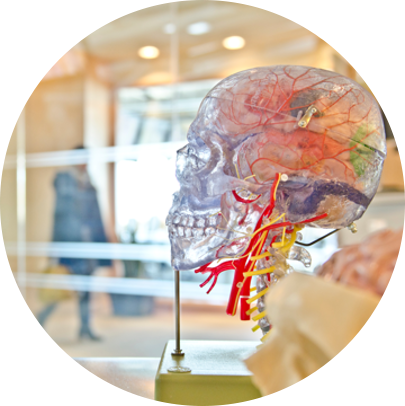Inclusive resources to level up your science of learning initiatives
/By Pooja K. Agarwal, Ph.D.
Happy International Women’s Day, everyone! 🎉
I’m a scientist and I love science. But when it comes to inclusion in science, there are many systemic problems. For example, did you know that…
Women scientists are underrepresented as senior authors on research publications and senior faculty at universities
Women scientists are underrepresented as invited speakers at conferences and professional development events
Whether you are an educator in K–12 or higher ed, here’s what you can do to amplify and advance women in STEM:
Update your citations with these 10 recommended research publications by women, BIPOC, and LGBTQ+ cognitive scientists
Invite cognitive scientists from underrepresented backgrounds to your schools and universities, as speakers for professional development, and as guests on your podcasts and blogs
I am proud of the much-needed and ongoing inclusion efforts in cognitive science. Continue reading to learn more about organizations who are leading the charge, research on inequities in STEM, and tips for what you can do to make the science of learning more inclusive and equitable for students, educators, and our communities.
I encourage you to also learn more about International Women’s Day. We’re in this together and we all need to celebrate women’s achievements, raise awareness about discrimination, and take action to support gender inclusion.
Celebrate inclusion in cognitive science!
Today, I had the pleasure of Zooming with my colleague and friend, Dr. Michelle Rivers. As always, our conversation was energizing, validating, and thought provoking.
In my newest publication, I reflect on the relationships and collaborations I’ve built across our growing community of women, BIPOC, and LGBTQ+ experts on retrieval practice research, including organizations such as SPARK and Women in Cognitive Science. These support systems are integral to my own professional development and science communication efforts, for which I am deeply grateful.
In addition, I continue to be inspired by the blog, podcast, and resources by The Learning Scientists, an all-woman team that dedicates their time and energy to sharing the science of learning with millions of people around the world. In their new publication, Turning Roadblocks into Speed Bumps, cognitive scientists Dr. Megan Sumeracki, Dr. Cynthia Nebel, Dr. Althea Kaminske, and Dr. Carolina Kuepper-Tetzel reflect on science communication, retrieval practice research, three specific “road blocks” they have encountered, and next steps in implementing evidence-based strategies with teachers and students.
On this International Women’s Day, take five minutes to download 10 recommended publications of recent research, and explore my list of 40 exceptional cognitive scientists.
I also encourage you to learn more about why inclusive citations are critical for women in STEM and how to contact a cognitive scientist near you.

















